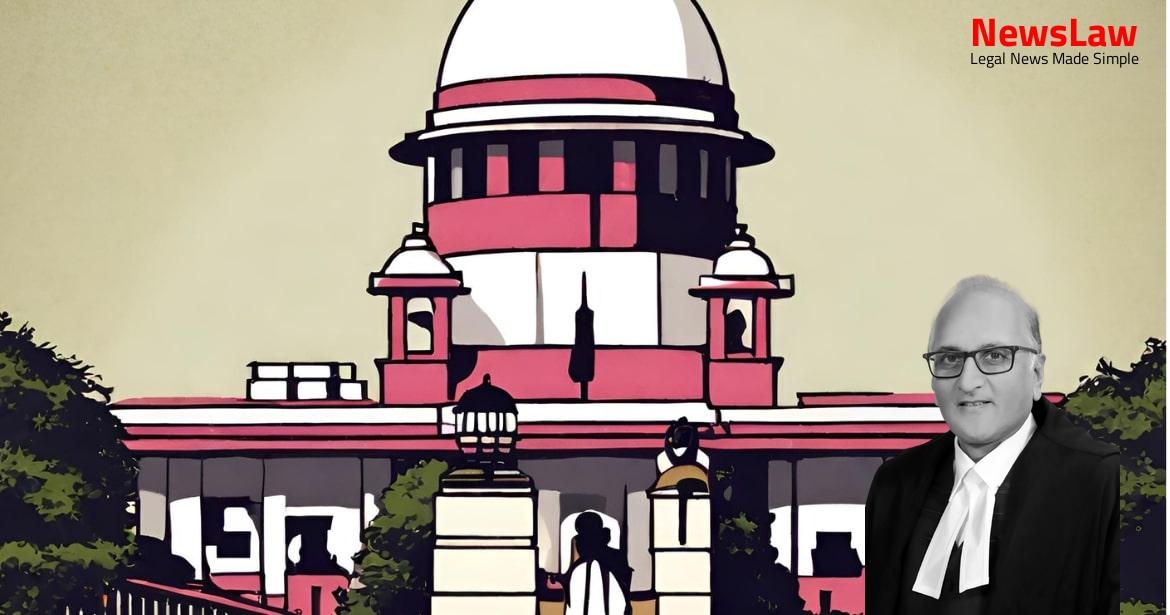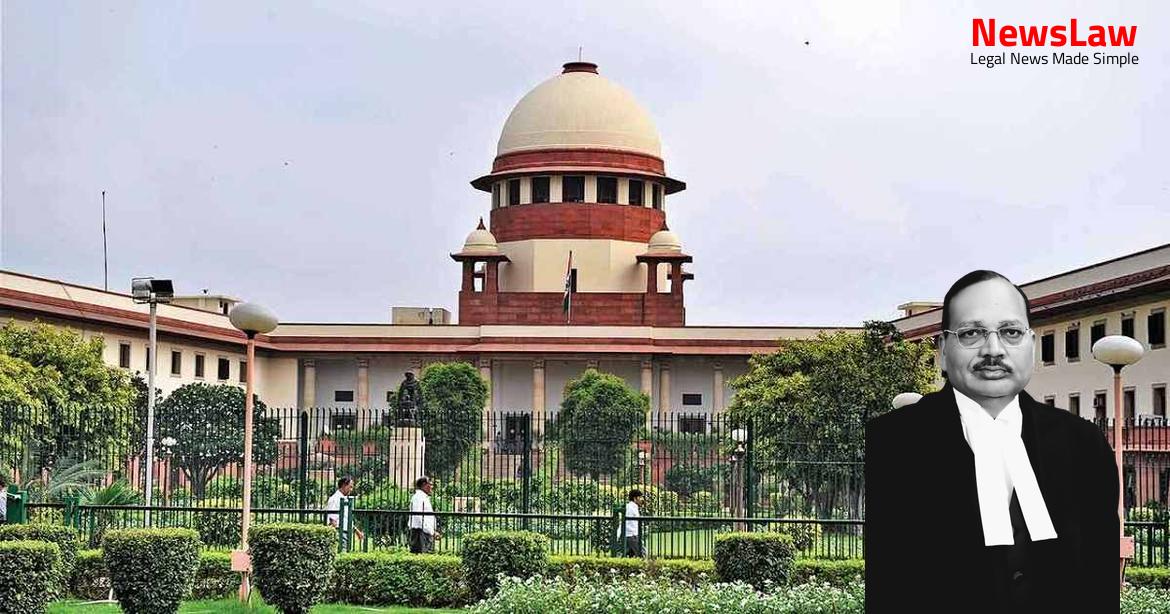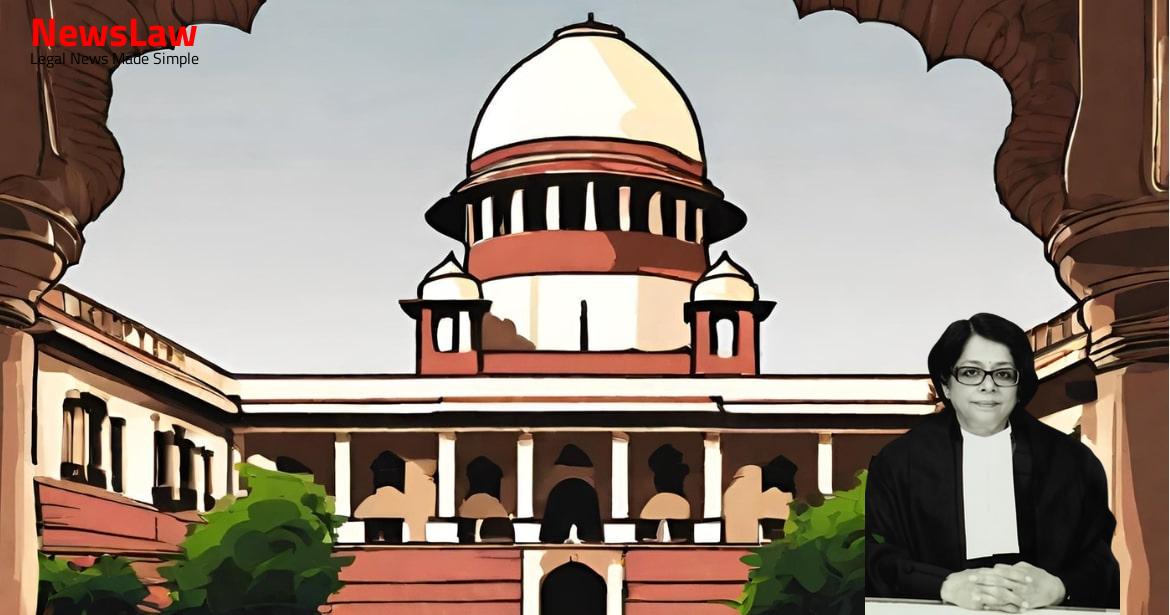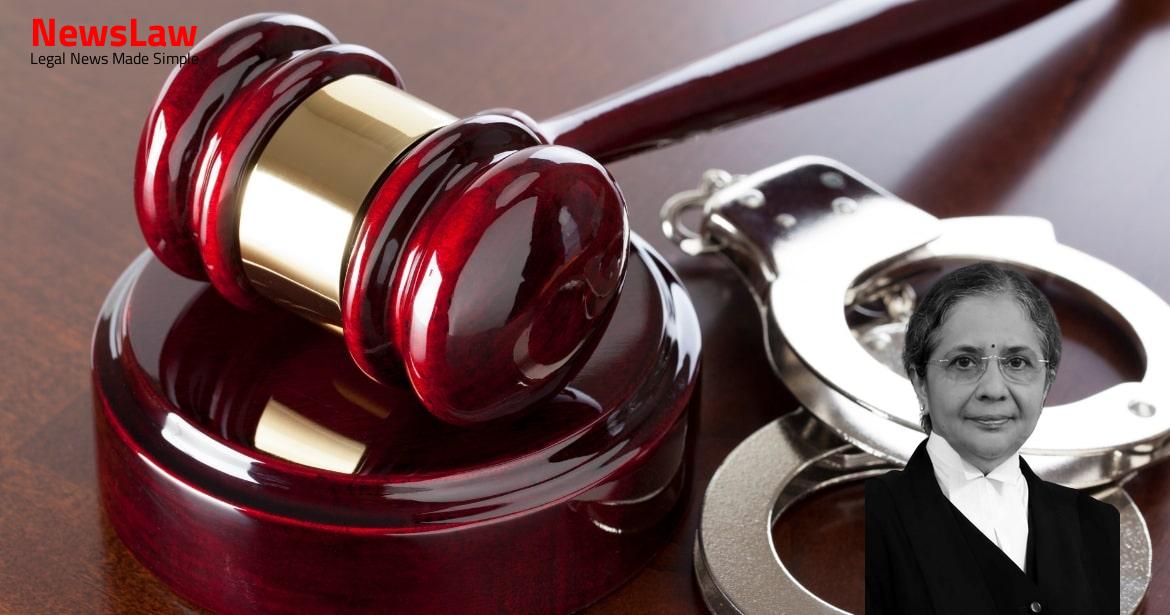Delve into a fascinating legal case where the court’s analysis delves into the interpretation of tax laws and ethics within the pharmaceutical industry. The focus is on dissecting the implications of expenses incurred for purposes deemed illegal or prohibited under relevant statutes. The court’s scrutiny emphasizes the importance of aligning business practices with ethical standards and statutory regulations. Stay tuned to unravel the complexities at the crossroads of tax law and ethical conduct.
Facts
- CBDT issued a circular clarifying that expenses for distribution of incentives to medical practitioners by pharmaceutical and allied health sector industries are ineligible for tax benefits.
- This decision is based on Explanation 1 to Section 37(1) which denies benefits for any purpose that is considered an ‘offense’ or ‘prohibited by law’.
- Circular issued on 22.11.2012 regarding expenditure towards gifting freebies for Zincovit
- Notice issued under Section 142(1) of the IT Act to explain the expense incurred
- Expenses till 14.12.2009 only eligible for Section 37(1) benefit
- Range of sanctions against medical practitioners for accepting freebies
- Amendment to Medical Council Act disallowing acceptance of gifts by medical practitioners
Also Read: Electoral Malpractices in Mayor Election
Arguments
- Apex argued that the amended 2002 Regulations were not applicable to pharmaceutical companies like them and they were not bound by them.
- The Counsel argued that decisions made by the original authority regarding expenses cannot be re-evaluated by the income tax authority.
- The revenue authorities accepted the decisions regarding expenses, so they cannot be reconsidered now.
- The revenue cannot deny a tax benefit based on the nature of expenses incurred.
- The High Court upheld the legality of the CBDT circular dated 01.08.2012, stating that the burden is on the assessee to prove that the expenditure was not in violation of 2002 Regulations.
Also Read: Balancing Power and Transparency: Electoral Bonds Struck Down, Disclosure Mandated
Analysis
- The High Court held that allowing partners who conspired with a Member of Parliament in committing an offence does not have immunity.
- Partnerships recognized under the IT Act were considered in a case, where the court held that involving strangers would defeat the purpose of the licensee carrying on the business.
- Deductions for commission paid to government doctors were disallowed by the High Court, citing illegality and violation of public policy.
- The High Court referred to the Contract Act and deemed the agreement with private doctors as void due to unlawful consideration.
- The court highlighted the unethical practice of medical practitioners favoring branded medicines due to gifts from pharmaceutical companies.
- Previous court decisions were discussed to emphasize that illegal or unethical payments cannot be claimed as business expenses under Section 37(1).
- The court argued against divorcing tax provision interpretation from morality and public policy considerations.
- Pharmaceutical companies offering gifts to doctors were deemed illegal and prohibited, disallowing tax benefits under Section 37(1).
- The judgment emphasized the importance of honoring the intent and purpose of statutory provisions, even when complexities arise in interpretation.
- The court stressed the need for a comprehensive approach to regulate conduct in the medical profession regarding gifts, commissions, and ethical practices.
- The CBDT circular dated 01.08.2012 addresses violations by pharmaceutical and allied health sector industries of the Medical Council regulations.
- The circular highlights the issue of pharmaceutical companies providing freebies to medical practitioners, which is in violation of regulations issued by the Medical Council of India.
- The circular emphasizes that expenses incurred in providing such freebies are considered inadmissible under section 37(1) of the Income Tax Act as they are prohibited by law.
- The circular clarifies that the value of freebies enjoyed by medical practitioners is taxable as business income or income from other sources.
- It is noted that the CBDT circular cannot have a retrospective effect, and its applicability is from the date of its implementation, not the date of the original regulations.
- Enlarging the scope of the Medical Council regulations to include pharmaceutical companies raises questions of jurisdiction and the imposition of liabilities by the CBDT.
- The circular is seen to provide administrative relief and clarification of the law, but cannot create new burdens for taxpayers.
- The circular’s implications on tax deduction for expenses related to freebies provided by pharmaceutical industries are discussed in light of the statutory provisions.
- It is emphasized that any expense incurred for purposes deemed illegal or prohibited by law cannot be claimed as a deduction under Section 37(1) of the Income Tax Act.
- The summary also touches on the importance of interpreting statutes strictly and not widening the scope to include acts not recognized as illegal by relevant statutes.
- Article 105(2) provides immunity from prosecution for a Member of Parliament if an offence is connected to their speech or vote in Parliament.
- Section 37 of the IT Act is a residuary provision for computing income under “Profits and gains of business or profession”.
- Medical practitioners are prohibited from accepting travel facilities from the pharmaceutical or allied healthcare industry.
- The General Clauses Act defines ‘offence’ as any act punishable by law.
- Expenditure incurred for any purpose prohibited by law is not deemed for business or profession purposes.
- Regulation 6.8 of the 2002 Regulations sets a code of conduct for doctors in their relationship with the pharmaceutical and allied health sector industry.
- The Plaintiff relied on an illegal transaction for filing the suit for specific performance.
- The participation of the assessee in the prohibited transaction had consequences that must be faced.
- The incentives given to doctors by Apex resulted in exposure to sanctions and a ban on practicing medicine.
- The illegalities in the transactions were not trivial.
- Both the medical practitioners and the giver, Apex, were subject to prohibitions regarding the gifts given.
- The parties involved were knowingly acting in contradiction to the law.
- The impugned judgment was found to be without fault.
- Sanctions imposed by law are based on codes of conduct and ethics with legal binding.
- The illegality is at the core of the issue and goes against the law’s mandate.
Also Read: Recall of Resolution Plan Approval: Legal Analysis
Decision
- Pending application(s) have also been disposed of.
- The appeal has been dismissed.
- No order has been given on costs.
Case Title: M/S APEX LABORATORIES P. LTD. Vs. THE DEPUTY COMMISSIONER OF INCOME TAX LARGE TAX PAYER UNIT II (2022 INSC 216)
Case Number: C.A. No.-001554-001554 / 2022



